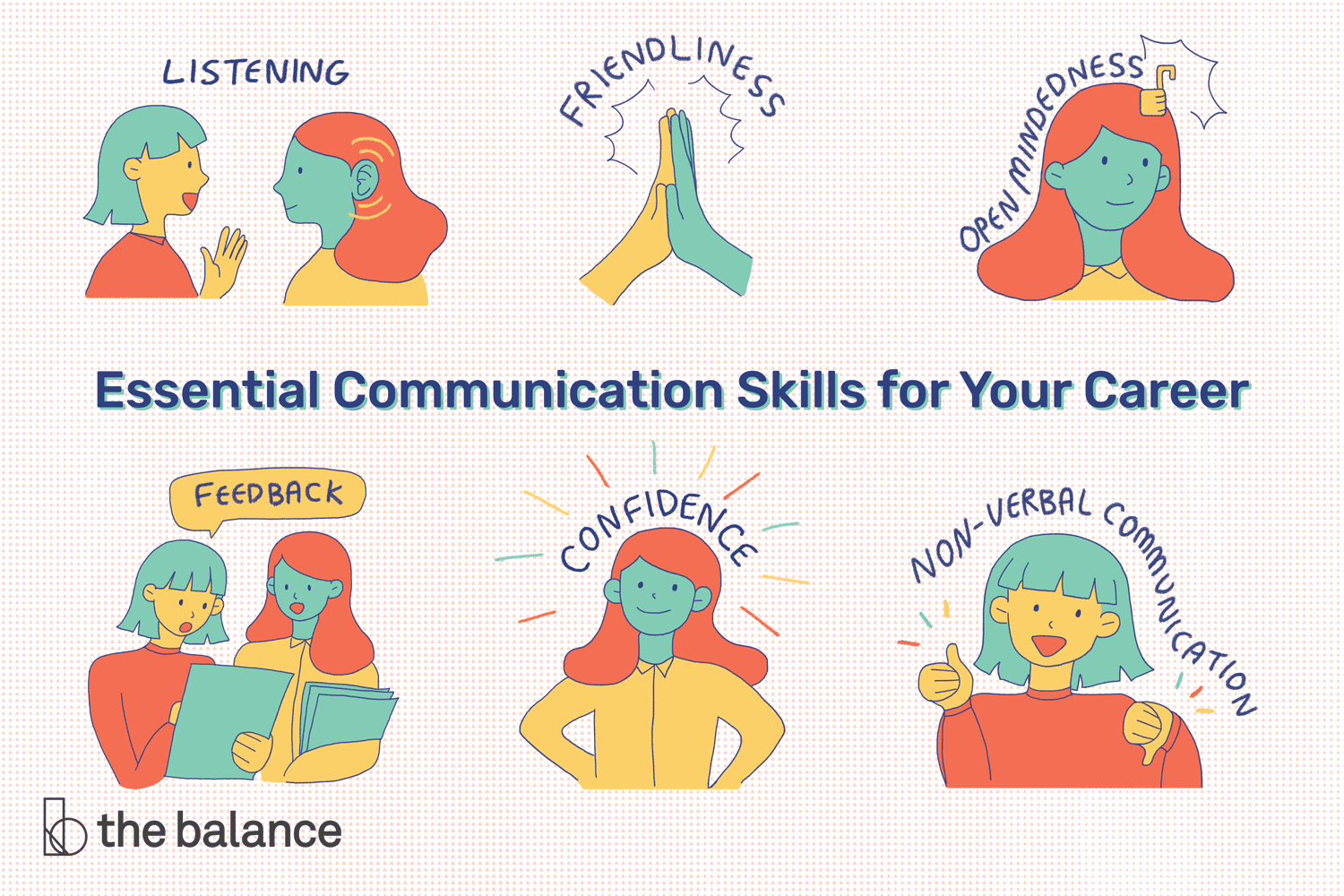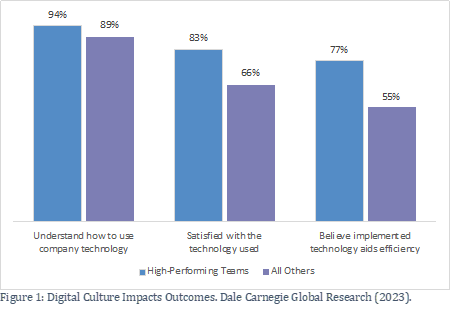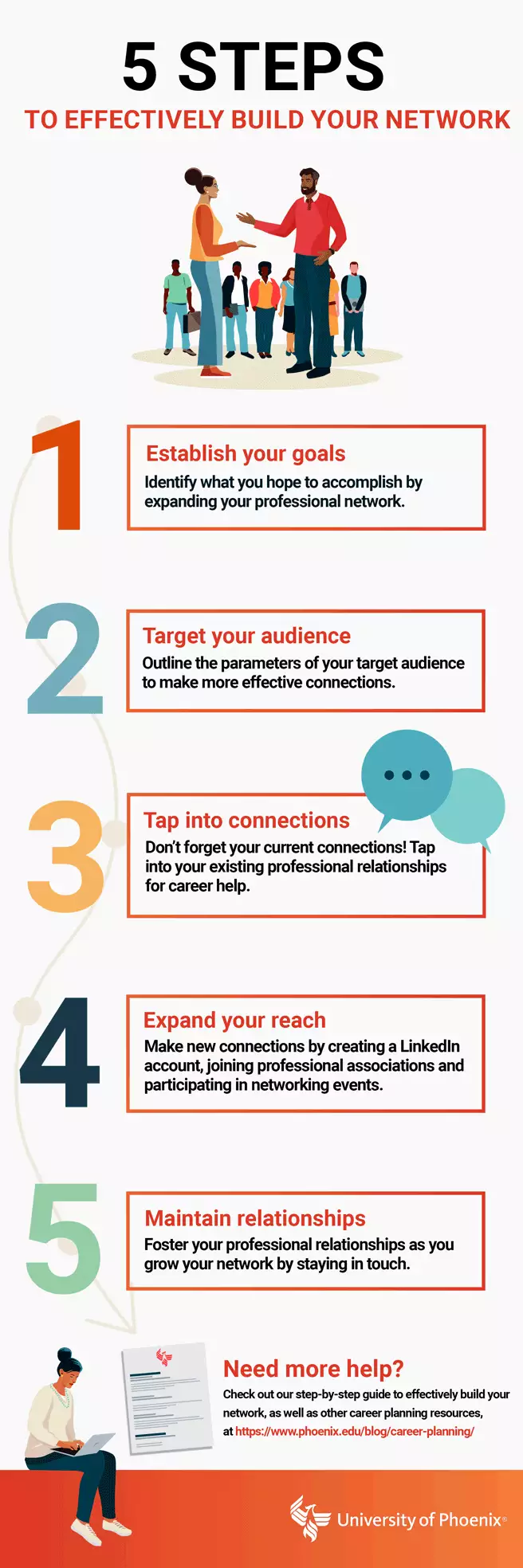Communication Skills for Workplace Success
Communication skills are crucial for workplace success as they facilitate effective interaction and collaboration among team members. Good communication helps achieve clarity, build strong relationships, and enhance productivity within the organization.
In today’s fast-paced corporate environment, strong communication skills are essential for professional growth. Effective communication allows individuals to express their ideas, listen actively, and understand the perspectives of others. It fosters a positive work culture, encourages teamwork, and improves problem-solving capabilities.
Whether it’s engaging in face-to-face conversations, presenting information, or writing clear and concise emails, mastering communication skills is vital for career success. This article explores the importance of communication skills in the workplace and provides actionable tips to improve and refine them, ensuring better professional outcomes.
Types Of Communication Skills
Effective communication is a crucial skill for achieving success in the workplace. It plays a vital role in building relationships, conveying information, and collaborating with colleagues. Communication skills can be broadly categorized into two types: verbal communication and nonverbal communication.
Verbal Communications
Verbal communication involves the use of words, spoken or written, to convey messages. It is a fundamental form of communication that enables individuals to exchange information, express ideas, and engage in conversations. This form of communication can occur face-to-face, over the phone, or through emails and other written documents. Effective verbal communication involves clear and concise expression, active listening, and the ability to adapt the message to the audience.
Verbal communication skills are essential in the workplace as they facilitate effective collaboration, problem-solving, and decision-making. Some important aspects of verbal communication skills include:
- Clarity: Expressing thoughts and ideas in a clear and understandable manner.
- Conciseness: Delivering the message without unnecessary details or filler words.
- Audience awareness: Adapting the language and tone of the message to suit the recipients.
- Active listening: Paying attention to others’ words, understanding their perspectives, and showing interest through appropriate responses.
- Empathy: Understanding and acknowledging the emotions and viewpoints of others.
Nonverbal Communications
Nonverbal communication refers to the transmission of messages through means other than words. It includes facial expressions, body language, gestures, postures, and even the use of silence. While verbal communication delivers the content of the message, nonverbal cues often convey the emotions, attitudes, and intentions behind the words.
In the workplace, nonverbal communication can significantly impact relationships, trust, and understanding. Managers and employees who possess strong nonverbal communication skills can effectively convey empathy, confidence, and leadership. Here are some important elements of nonverbal communication skills:
- Body Language: Using appropriate posture, facial expressions, and gestures to enhance communication.
- Eye Contact: Maintaining eye contact to establish trust and connection with others.
- Tone of Voice: Adjusting the tone and pitch of the voice to convey the intended message.
- Space and Proximity: Understanding and respecting personal space boundaries to foster a comfortable environment.
- Listening Skills: Paying attention to nonverbal cues from others to gain additional insights and understanding.
Strong nonverbal communication skills enable individuals to enhance their verbal messages, convey emotions accurately, and build rapport with colleagues, clients, and superiors.

Credit: m.facebook.com
Importance Of Communication Skills
Effective communication skills are essential for workplace success. Strong communication allows for better collaboration, understanding, and problem-solving among team members. It promotes productivity, fosters positive relationships, and boosts overall professionalism and success in the workplace.
Enhances Collaboration
When team members possess strong communication skills, collaboration becomes seamless and efficient. Effective communication fosters a positive work environment where ideas flow freely, and everyone feels comfortable expressing their thoughts and concerns.
When colleagues can clearly convey their ideas and actively listen to one another, solutions are found more quickly, and projects progress smoothly. With open communication channels, teams can share information, ask for help, and coordinate efforts effectively.
Improves Productivity
The importance of communication skills in the workplace cannot be understated when it comes to productivity. Clear and effective communication eliminates confusion and minimizes errors.
With good communication practices in place, tasks are clearly assigned, expectations are communicated, and feedback is provided constructively. This results in improved efficiency, as employees have a clear understanding of what needs to be done and how to do it.
Additionally, effective communication ensures that projects are completed on time as team members can effectively coordinate and manage their responsibilities.
Moreover, open communication encourages innovation and problem-solving, as employees feel comfortable sharing their ideas and finding creative solutions in a supportive environment.
| Benefits of Communication Skills: |
|---|
|
Developing Effective Communication Skills
Developing effective communication skills is crucial for workplace success. Effective communication skills not only help in conveying ideas and information clearly, but also play a vital role in building strong relationships and collaborating effectively with colleagues and clients. In this section, we will explore two key aspects of developing effective communication skills: active listening and empathy and understanding.
Active Listening
Active listening is an essential skill that allows individuals to truly engage with others in conversations and discussions. By actively listening, you demonstrate respect for the speaker and gain a deeper understanding of their perspective. Here are some strategies to practice active listening:
- Give your full attention to the speaker, maintaining eye contact and avoiding distractions.
- Avoid interrupting the speaker and instead wait for them to finish before responding.
- Paraphrase and summarize the speaker’s words to ensure you have understood correctly.
- Show empathy and understanding by nodding or using appropriate facial expressions and body language.
By actively listening, you can foster better communication, avoid misunderstandings, and build trust with your colleagues.
Empathy And Understanding
Empathy and understanding are crucial components of effective communication. When you empathize with others, you put yourself in their shoes and try to understand their feelings, experiences, and perspectives. Here’s how you can develop empathy and understanding:
- Practice perspective-taking to see things from another person’s point of view.
- Show genuine interest in others and their concerns by asking open-ended questions.
- Be non-judgmental and accepting of different opinions and beliefs.
- Validate the other person’s emotions and experiences, even if you may not agree with them.
Developing empathy and understanding allows you to build stronger relationships, resolve conflicts more effectively, and create a positive and inclusive work environment.
Overcoming Communication Challenges
Developing strong communication skills is essential for achieving workplace success. Overcoming communication challenges can lead to improved collaboration, productivity, and overall efficiency in the workplace. Enhancing these skills empowers individuals to effectively convey their ideas, understand others, and build positive professional relationships.
Addressing Language Barriers
Language barriers can hinder effective communication in the workplace. When individuals speak different languages, misunderstandings can easily arise, leading to confusion and frustration. However, there are practical steps you can take to address this challenge and promote better communication.To overcome language barriers, ensure that everyone has access to translation resources. This could include installing translation software on company computers or providing translation apps for smartphones. Additionally, consider organizing language training sessions to help employees learn basic phrases and key vocabulary in the languages spoken by their colleagues. Encouraging a culture of inclusivity and understanding will go a long way in bridging any language gaps and facilitating smooth communication among team members.
Dealing With Conflict
Conflict is inevitable in any workplace, and it can significantly impede communication. However, it is essential to address conflicts promptly and effectively to maintain a harmonious and productive work environment.When conflicts arise, encourage open and honest communication among individuals involved. Facilitate conflict resolution meetings where each party can express their concerns and feelings in a respectful way. Emphasize active listening, allowing everyone involved to share their perspectives without interruption. Create an atmosphere of empathy and understanding, helping individuals to find common ground and work towards mutually beneficial resolutions.
Promote the use of “I” statements to express thoughts and feelings without being accusatory. This helps prevent conflicts from escalating further and encourages dialogue rather than argument. It is also crucial to encourage a positive and collaborative mindset, where conflicts are seen as opportunities for growth and understanding rather than as personal attacks.
By addressing conflicts head-on and nurturing a culture of effective communication, teams can resolve their differences amicably and maintain a healthy work environment.
Communication Skills Training Resources
Communication Skills Training Resources:
Online courses are an excellent way to enhance your communication skills and improve your effectiveness in the workplace. These courses provide convenience and flexibility, allowing you to learn at your own pace and from the comfort of your own home. Many online platforms offer a wide range of courses that cover various aspects of communication, including verbal and non-verbal communication, active listening, and effective public speaking.
Attending workshops and seminars is another valuable resource for improving your communication skills. These interactive sessions provide opportunities to learn from experienced professionals and engage in hands-on activities that enhance your ability to communicate effectively. Workshops and seminars often focus on specific areas such as business communication, conflict resolution, and persuasive communication techniques. Additionally, they provide a platform for networking and sharing experiences with like-minded individuals.

Credit: www.ykc.com

Credit: www.ykc.com
Frequently Asked Questions On Communication Skills For Workplace Success
What Are The 7 C’s Of Communication Skills?
The 7 C’s of communication skills are clarity, conciseness, completeness, coherence, courtesy, correctness, and consideration. These principles help improve effective communication by ensuring that messages are clear, concise, and considerate of the audience’s needs and understanding.
Why Are Good Communication Skills Important In The Workplace?
Good communication skills are important in the workplace because they promote clear understanding, prevent misunderstandings, and improve teamwork. Effective communication fosters better productivity, builds strong relationships, and boosts morale.
What Are The Skills For Workplace Success?
The skills for workplace success include communication, teamwork, problem-solving, adaptability, and time management. These skills are essential for achieving success and growth in a professional environment.
Conclusion
Effective communication skills are vital for success in the workplace. By developing these skills, individuals can build strong relationships, increase productivity, and advance their careers. Effective communication involves active listening, clear and concise messaging, and the ability to adapt to different communication styles.
Through practice and continuous learning, individuals can enhance their communication skills and become effective communicators in any professional setting. Invest in improving your communication skills today, and reap the benefits throughout your professional journey.




